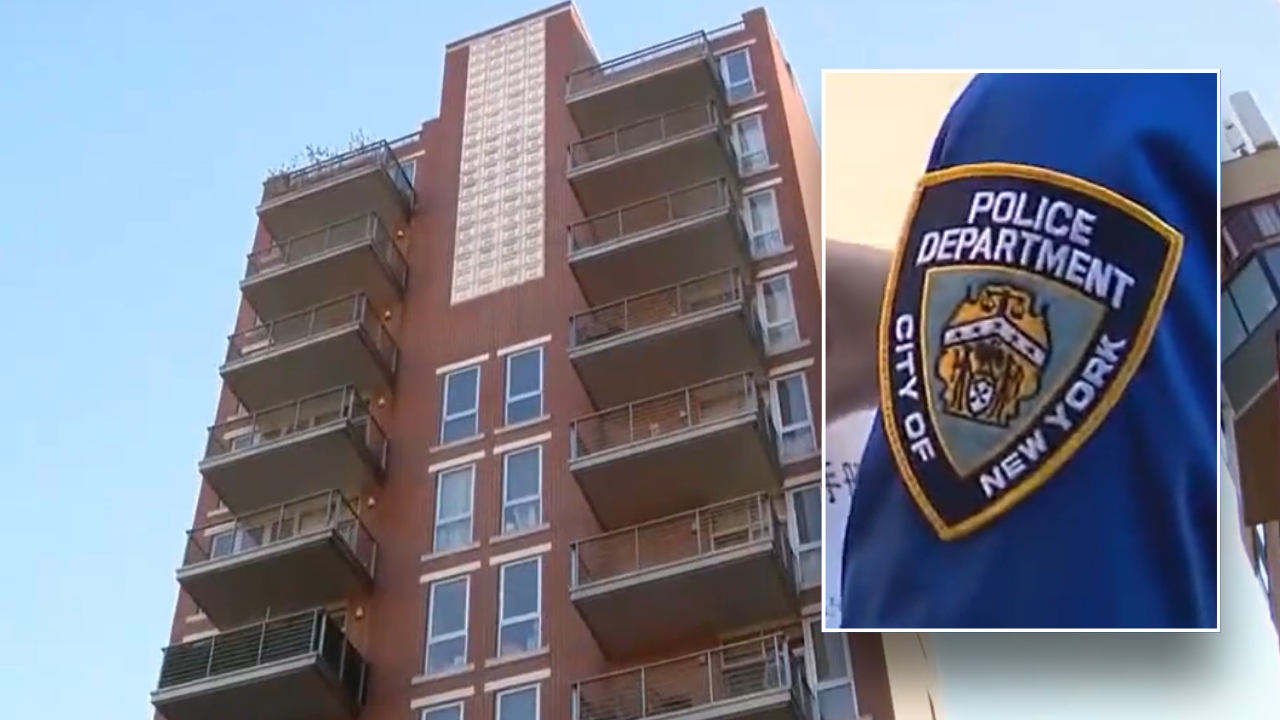The president of Serbia on Monday batted away any suggestion that he might have intentionally tried to steer a valuable real estate project in Serbia’s capital to Jared Kushner, Donald J. Trump’s son-in-law, in an effort to influence Mr. Trump should he return to the White House.
“I died laughing,” the Serbian leader, Aleksandar Vucic, said at a rally, referring mockingly to news reports that Mr. Kushner was close to an agreement to invest $500 million in redeveloping a high-profile site in central Belgrade, the capital. “I read in some papers that I used this for a political influence on Trump, that corrupted America or someone in America. I am a miracle. It is incredible what all I can do.”
Mr. Kushner, who was a senior White House adviser under Mr. Trump, has teamed up with a second former Trump aide, Richard Grenell, on the plan.
The tentative agreement between the Kushner team and the Serbian government would grant Mr. Kushner’s investment firm a 99-year lease, at no charge, and the right to build a luxury hotel and apartment complex and a museum on the site of the former headquarters of the Yugoslav Ministry of Defense in Belgrade, which was bombed by NATO in 1999.
News of the proposal provoked strong objections on Monday from opposition party leaders in Serbia during a meeting of the parliament.
Opposition party leaders said they had not been properly informed of the plan and called it inappropriate that an American company owned by a Trump family member would be allowed to earn profits off a site that a United States-led coalition bombed 25 years ago.
“It shows so much absence of dignity, feeling for the country,” said Aleksandar Pavic, a member of parliament from an opposition party not aligned with Mr. Vucic. “It is a shame and a slap in the face.”
Mr. Pavic said he and his party colleagues might not support the nomination of a new leader aligned with Mr. Vucic to serve as the president of the Serbian parliament in part to protest the redevelopment proposal.
Mr. Vucic, at his separate event, said he was “partially familiar” with the proposal by Mr. Kushner. But he said the specifics of the deal were being handled by the finance minister, Sinisa Mali.
“I know when he does something he does the work safely, cleverly, seriously and responsibly,” Mr. Vucic said of Mr. Mali, whom Mr. Grenell has described as a personal friend.
“Always a good time with @mali_sinsia #belgrade,” Mr. Grenell wrote in 2021 on a social media account, next to a photo with Mr. Mali at a bar in Belgrade.
The photo was displayed on Monday by another member of parliament, Aleksandar Jovanovic, who made fun of the friendship between Mr. Grenell and Mr. Mali.
“I ask all M.P.s, who is in favor of the General Staff be donated to American offshore companies, please raise your hand,” Mr. Jovanovic said, referring to the members of parliament and the General Staff Building, which is the name used in Serbia for the former military headquarters. None of the members of parliament were seen raising their hands.
Dragan Djilas, the leading opposition party leader in Serbia and the former mayor of Belgrade, said in an interview on Monday that “we will try to stop this,” referring to the proposed project. “How can you give somebody land, totally free?” he said.
Mr. Kushner and Mr. Grenell, in interviews, said the project was a way for the United States to help address the scars left by the NATO bombing, adding that profits from the redevelopment of the government-owned site would be shared with Serbia.
“The opportunity to have American investors redevelop the former military headquarters of the government of Yugoslavia symbolizes the tremendous progress that has been made to heal the wounds from the past,” Mr. Grenell said. “This project will turn a symbol of previous conflict into a bridge of friendship and renewal.”
The project in Serbia is one of three that Mr. Kushner and Mr. Grenell are trying to develop in the region, with two others planned in Albania. Their total investment in the region for luxury hotels and related developments would be worth about $1 billion, company officials have said.






